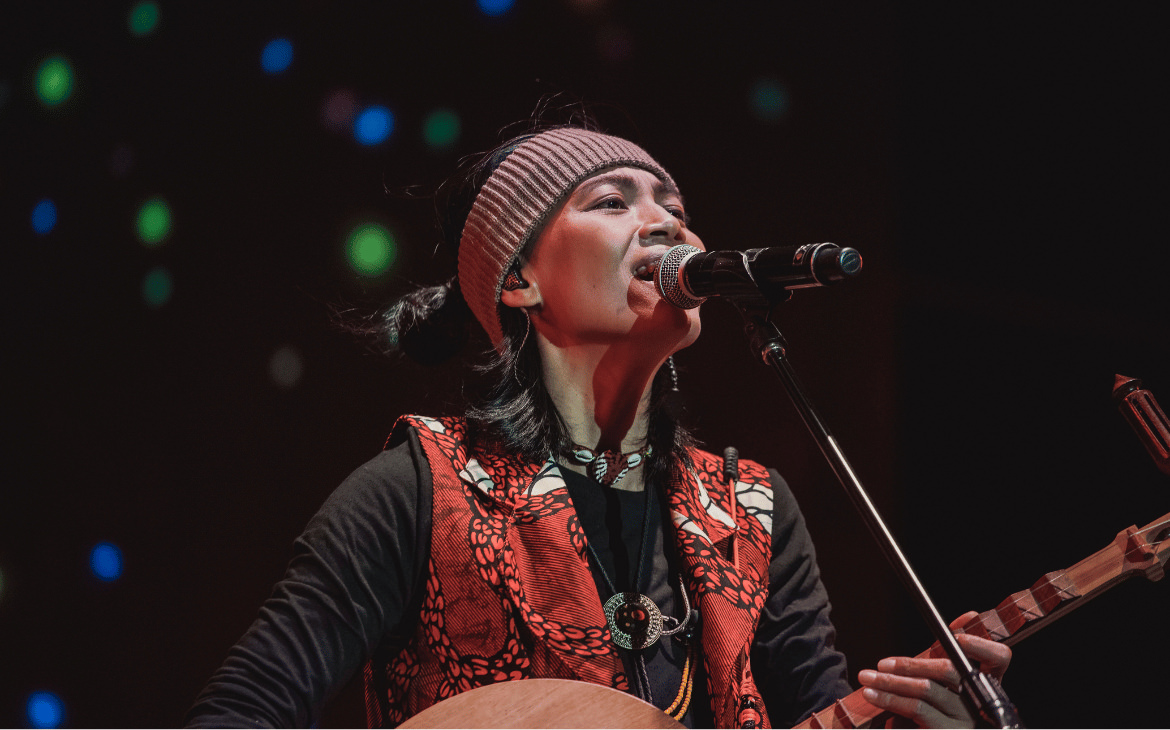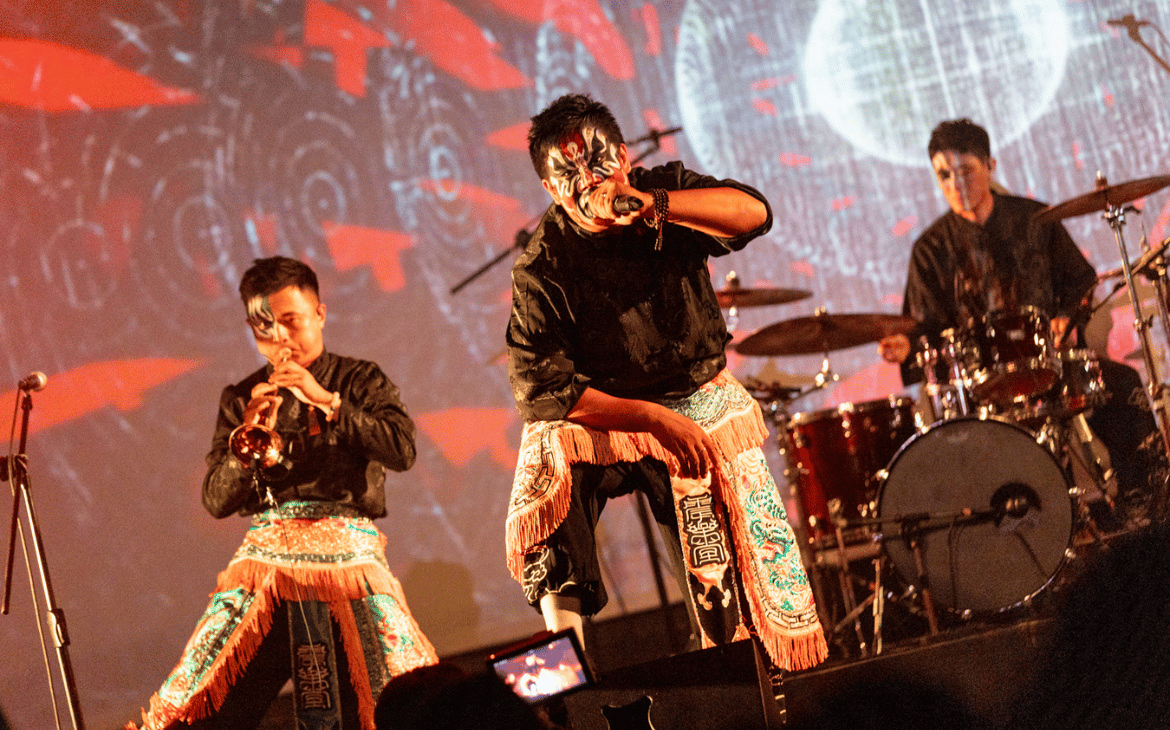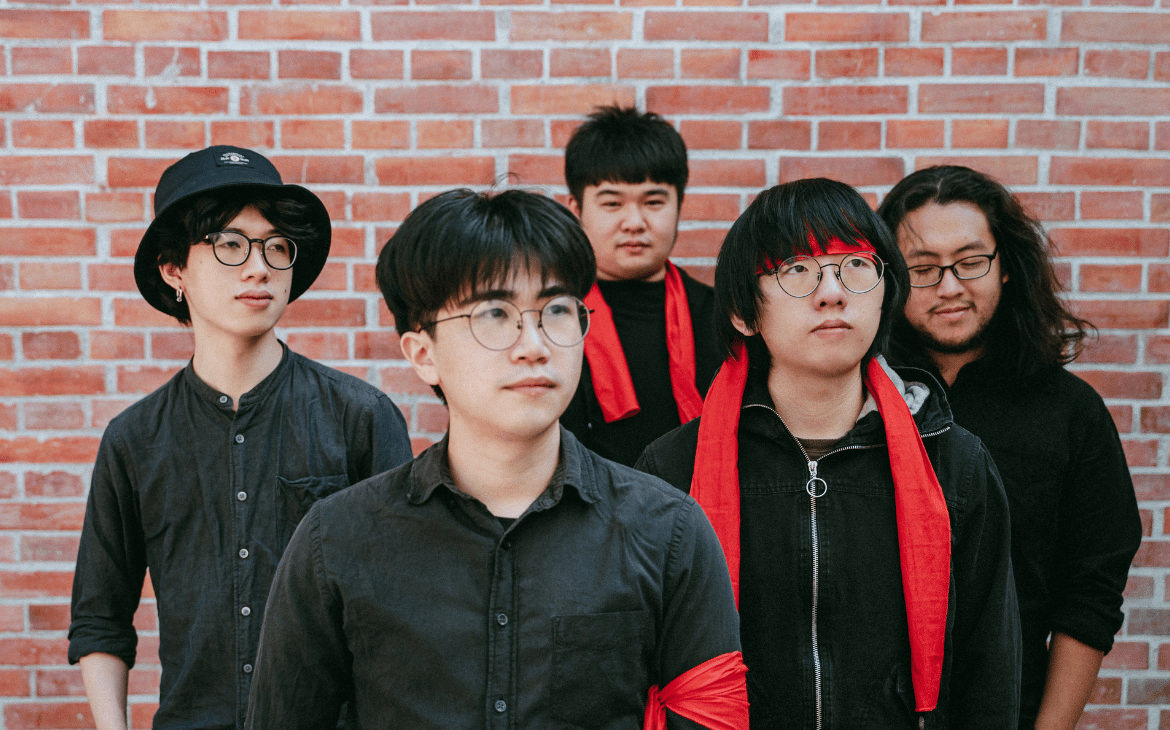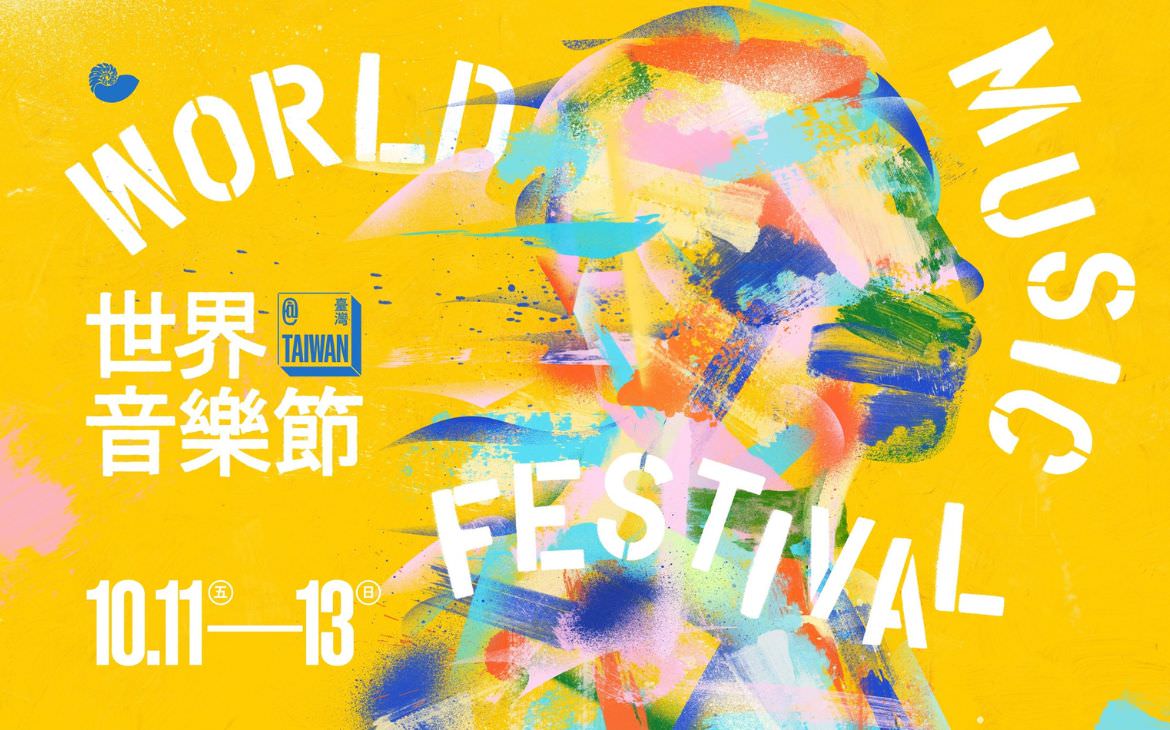Combining Taiwanese indigenous music with global sounds from different parts of the world, Sauljaljui is ready to take over the spotlight with music that is one with the power and purpose of nature, its destructive tendencies, and its inherent way of sheltering and protecting those that value its sense of purpose
By Ian Urrutia
Sauljaljui’s hometown is her ultimate teacher. It connected her to spiritually nourishing experiences and helped her embark on a captivating journey towards embracing her identity. After performing in a heavy metal band during her teenage years, the incredible adventurist from the Paiwan-tribe village returned to her hometown to learn more about her culture and eventually incorporated the rich tapestry of her own roots with elements of pop, folk, Latin, and world music.
With a newfound appreciation for music rooted in tribal traditions, she began working with Hengchun Folk Music Group and MAQATI, two organizations based in her hometown. Just recently, Sauljaljui takes pride in showcasing her more eclectic side through a music project that prominently uses Yueqin, a traditional Chinese string instrument that takes the shape of a moon.
Combining Taiwanese indigenous music with global sounds from different parts of the world, Sauljaljui is ready to take over the spotlight with music that is one with the power and purpose of nature, its destructive tendencies, and its inherent way of sheltering and protecting those that value its sense of purpose. Her live performances have been critically acclaimed in Taiwan and abroad, most recently at the ACC World Music Festival in South Korea, where she performed alongside the Hey String ensemble and adapted each other’s traditional songs for meaningful cultural exchange.
The Rest Is Noise PH spoke Sauljaljui ahead of her showcase performance this week at 2023 World Music Festival @ Taiwan (WMF@Taiwan) to discuss her interesting brand of indigenous music, her fascination with Yueqin as an instrument, and her experiences singing with older people as a way to explore her cultural roots.
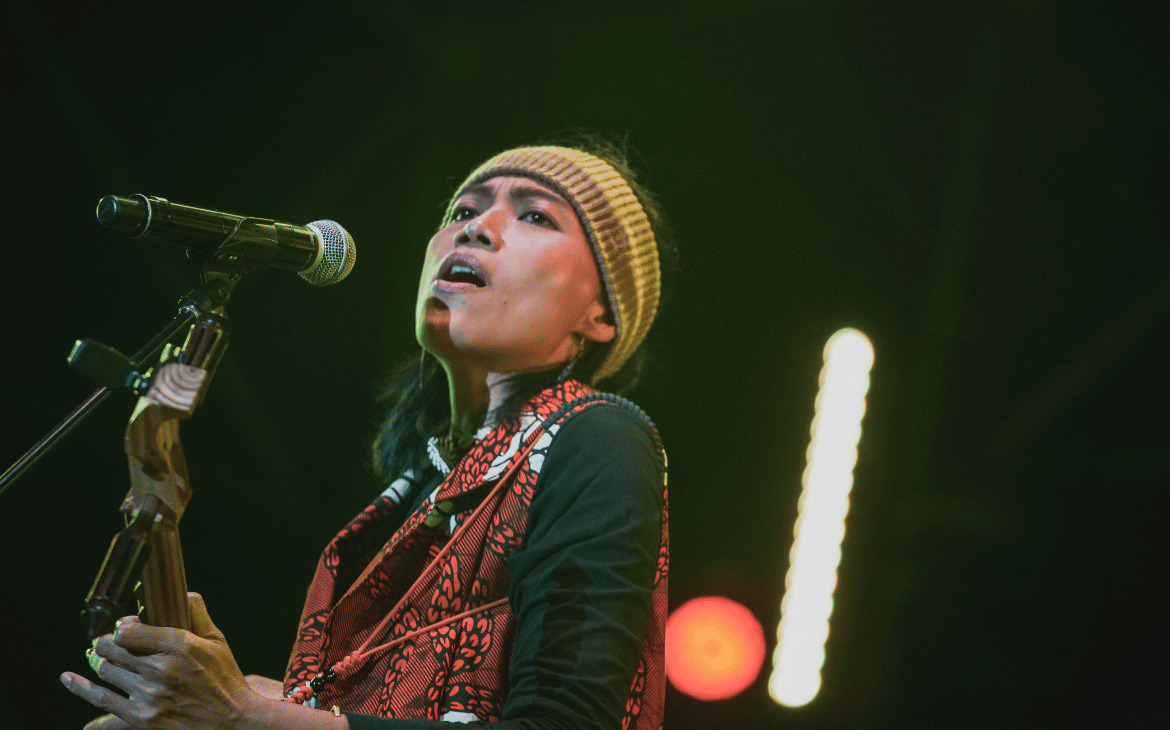
You have always taken pride in your identity as a member of the Paiwan tribe in the village of Kapanan. How important is preserving and promoting the nuances of your culture through music? Why is it important to share a part of your heritage with the world?
Growing up, I’ve discovered that the strongest pillar supporting my unwavering spirit is my culture—it is the only truth I hold dear. Playing music is my way of sharing that truth and opening my horizons to connect with and share it with people from all around the world.
Can you describe the kind of music that you make? What are your musical influences, and how do you incorporate them into your brand of indigenous music?
In the past few years, my music has been rooted in folk traditions, but it’s become increasingly hard to define. Each year of travel adds new nutrients to my creative soil. Currently, I’m working on an album that features the Yueqin prominently and incorporates new compositions with rhythms different from the usual 4/4 beat. I want to take the traditional Indigenous dance steps and infuse them into rhythms from around the world.
Lyrically speaking, what are the themes that you’ve explored and discussed in your music?
One of my songs, “Madjadjumak,” is featured on the Our Island album, which tells the story of a river and the sea yearning to meet—an ode to the power and purpose of nature.
What are some of your most notable achievements as an artist so far? Any memorable festivals that you’ve played in recent memory?
For me, traveling the world with my hometown traditional instrument, Yueqin, is the ultimate goal in making music. My instrument is like family to me, and whenever someone appreciates my music, it’s the greatest achievement I can hope for.
In August of this year, I had the honor of performing at the ACC World Music Festival in South Korea. Collaborating with the Hey String ensemble, who played the traditional Gayageum, it was a fascinating experience. We adapted each other’s traditional songs and added improvised vocals to our performances—a convergence of two different string instruments, truly cool!
You’ll be performing at the World Music Festival @ Taiwan this year. How is it like representing the country in a prestigious global festival like this? What prompted you to say yes to the invitation?
I’m extremely privileged to share my energy and my family (Yueqin) with the audience. I hope my music can journey around the world.
What can we expect from your upcoming performance at the World Music Festival @ Taiwan? How do you set yourself apart from other world music bands/artists performing on the same stage? What do you think is your edge as an artist?
This time, my main instrument is the Yueqin and I’ve incorporated elements of traditional melodies to present a unique sound.
I believe that as musicians, we have more opportunities than the average person to stand on stage and convey the messages we want to share. Musicians should cherish every moment on stage; it’s a divine calling, not a personal advantage!
Why dabble into world music of all genres and styles that you can choose to explore? How has world music touched your life on a personal level?
After graduating from university, I returned to my hometown and joined the Hengchun Folk Group. Being immersed in the singing of elderly people, I became deeply drawn to the ancient sounds. Singing in my mother tongue feels sacred; it’s not just for humans to understand, but all living beings can comprehend because all melodies are born from the rhythmic movements of nature.
Header and inline photos courtesy of the artist

